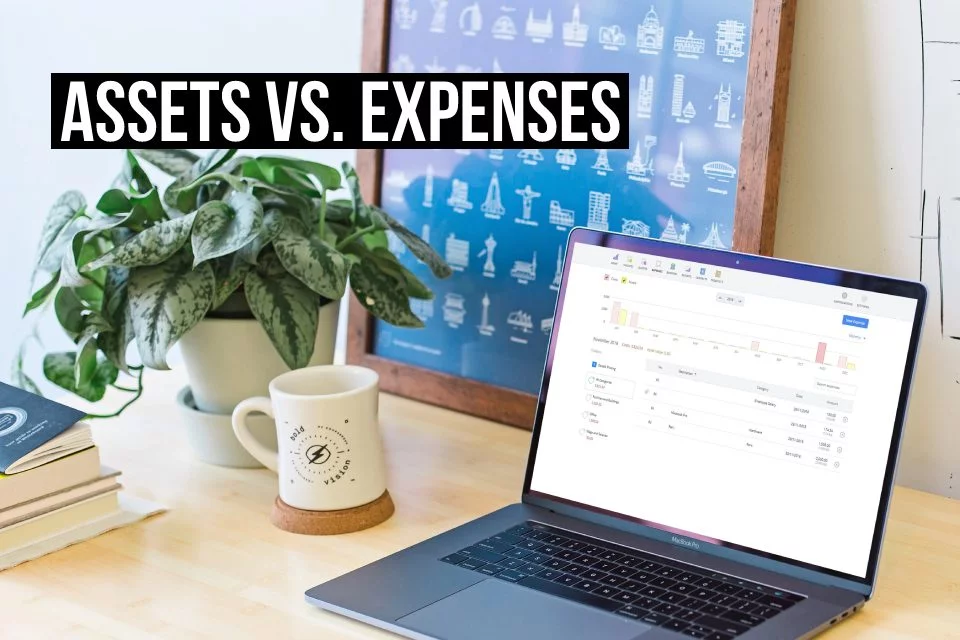
Clients often ask do I need insurance? The fact is tragic events happen.
Insurance is asset. It is something you own. Life insurance protects your family in case of an untimely death, disability insurance protects your income in case you become sick or injured and critical illness insurance provides emergency cash flow in case of major medical issue such as a heart attack, cancer or stroke.
Life Insurance protects your family and your estate
Protect your family If you died prematurely (think yesterday), how much does your family need to replace your income? Consider :
-
- How much debt do you have (mortgage)?
- How much is needed for the children’s education (school and university)?
- How much of your income needs to be replaced and for how long?
- What about help around the house?
- What is the cost for final expenses?
Life insurance provides the liquid funds to pay off your debts, maintain your family home and provide an income to your spouse and children.
In general, each $1,000,000 of life insurance will provide an after-tax income of approximately $47,000 per year for 20 years; after 20 years, there will be no funds left. So if your family need to replace an income of $250,000/year for 20 years, you need approximately $5M of liquid assets/life insurance.
Protect your estate – Most incorporated individuals (doctors, lawyers, accountants) do not realize the tax implications to their estate when they pass away. When you and your spouse both pass and the assets are cashed and distributed to your heirs, there are up to 3 levels of taxation that may occur.
- Personal capital gain on the disposition of shares of the corporation.
The corporation was setup with a value of $1. The deemed value of the corporation’s shares at the time of death is the fair market value of the corporate investments which will be taxed as a capital gain.
- Corporate tax on the sale of corporate investments.
In order for the beneficiaries to receive their portion of the corporation’s investments, these investments have to be sold. This disposition results in a taxable capital gain.
- Dividend tax on distribution of assets out of the corporation.
When the investments are sold and cash is distributed to your heirs, this distribution is a taxable dividend at the heirs’ personal tax rate on non-eligible dividend income from private corporations.
The net result of assets in a corporation can have a net tax rate up to 70%! One tool that is locked in, guaranteed, not subject to tax and flows through your corporation tax-free is permanent life insurance.
Disability insurance protects your income
Your ability to earn income is your most important asset. If you’re unable to work due to an accident, injury or sickness, you want to know you have a guaranteed income. Disability insurance provides protection for your loss of income due to an accident, injury or illness. It provides a monthly benefit for the duration in which you are unable to work up to age 65.
Critical illness insurance provides funds in case of a critical medical problem
The diagnosis of a critical medical illness is highly stressful for you and your family. At a time of need, financial stress is one thing most clients would rather avoid. Critical Illness insurance pays a tax-free lump sum payment of up to $2,000,000 soon after the onset of one of up to 25 critical illnesses (e.g. heart attack, cancer, stroke, MS etc.) A critical illness policy pays you regardless of your ability to return to work and is paid independent of your disability coverage.
If you have questions about your insurance, please call us at 416-222-1311 or email efe@levinefinancialgroup.com
Efe Dada is an Advisor at Levine Financial Group in Toronto
We Save Physicians Money on their Insurance
416-222-1311 I info@levinefinancialgroup.com
